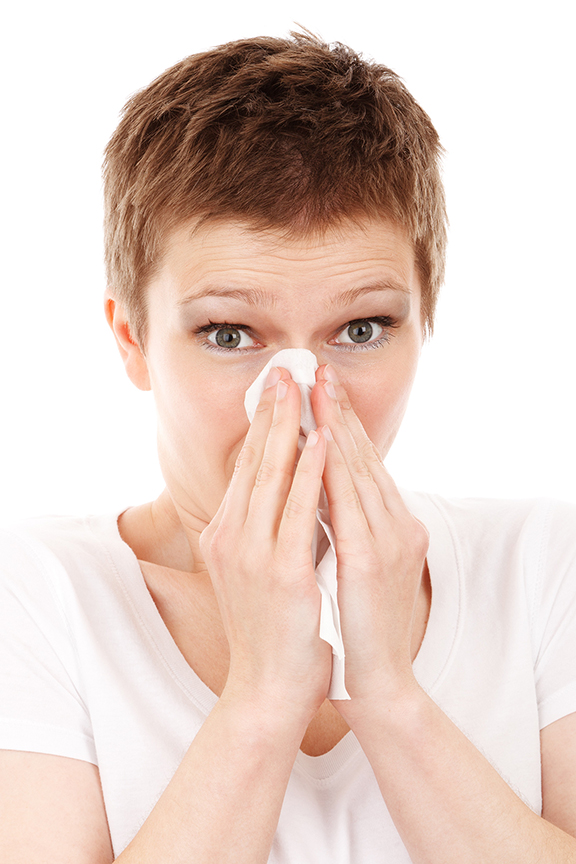H. Farhadian, M.D., F.A.A.P., F.A.A.A.A.I.
Copyright© 2019, H. Farhadian, MD. All rights reserved.
Due to heavy rainfall this winter, plants are growing and spreading pollens in the air. In spring time mainly, trees and grasses pollinate.
Among the most pollinating trees in our area are evergreens, oaks, olive trees, eucalyptus, sycamore and box elder. Bermuda, Johnson grass, blue grass, rye grass and half a dozen other grasses also are pollinating heavily and thus making people with allergies more prone to hay fever, asthma, and eye allergies. It is estimated that between 10-20 percent of the American population suffer from some kind of allergy.
Sneezing, runny noses, itchy eyes, wheezing, coughing, and sinus headaches, are the symptoms and main complaints of the patients who suffer from some kind of allergy.
More than 80% of the time allergies are hereditary. Geneticists believe that if one of the parents has allergy there is a 25-35% chance that their child will also have this condition. However, if both parents are afflicted with the disease, there is more than a 50-60% chance the child will be born with allergies.
Besides the pollens that usually are the culprit of allergy in spring and fall, other agents such as dust, animal hair and dander, molds, especially during rainy season, and foods might cause allergic disorder. Insect bites, especially bee’s sting in some allergic patients cause skin rash and at times systemic reaction that could be dangerous. We might add drugs such as penicillin, sulfa, and aspirin to the list of agents that cause allergic reactions. Other contributing factors are weather changes, wind, smog, change in atmospheric pressure and emotional factors.
The best treatment for allergies is prevention, if it is possible. Treatment of the symptoms for immediate relief is recommended. The alleviation of symptoms is usually achieved by proper medications, such as first and second-generation antihistamines, sometimes combined with decongestants. Second generation antihistamines are newly developed anti-allergic medications that do not have the side effects of old generation antihistamines, such as drowsiness, dry mouth, and prostate complications.
We believe that for long-term relief of symptoms, the cause of allergy should be treated along with the symptoms. To accomplish these goals, the allergist will perform tests to determine the cause of the allergy and then recommended avoiding if possible. If not, immunotherapy will be suggested.
By this method the person develops immunity to the offending agent. This result is gradual disappearance of the symptoms.

